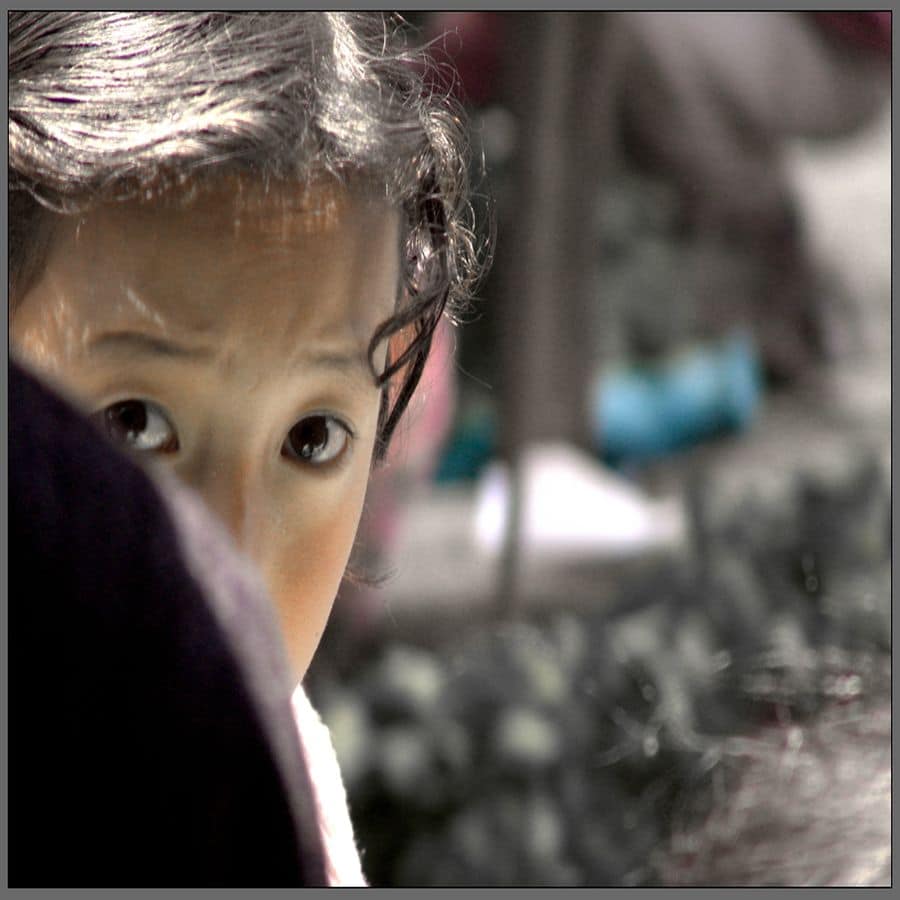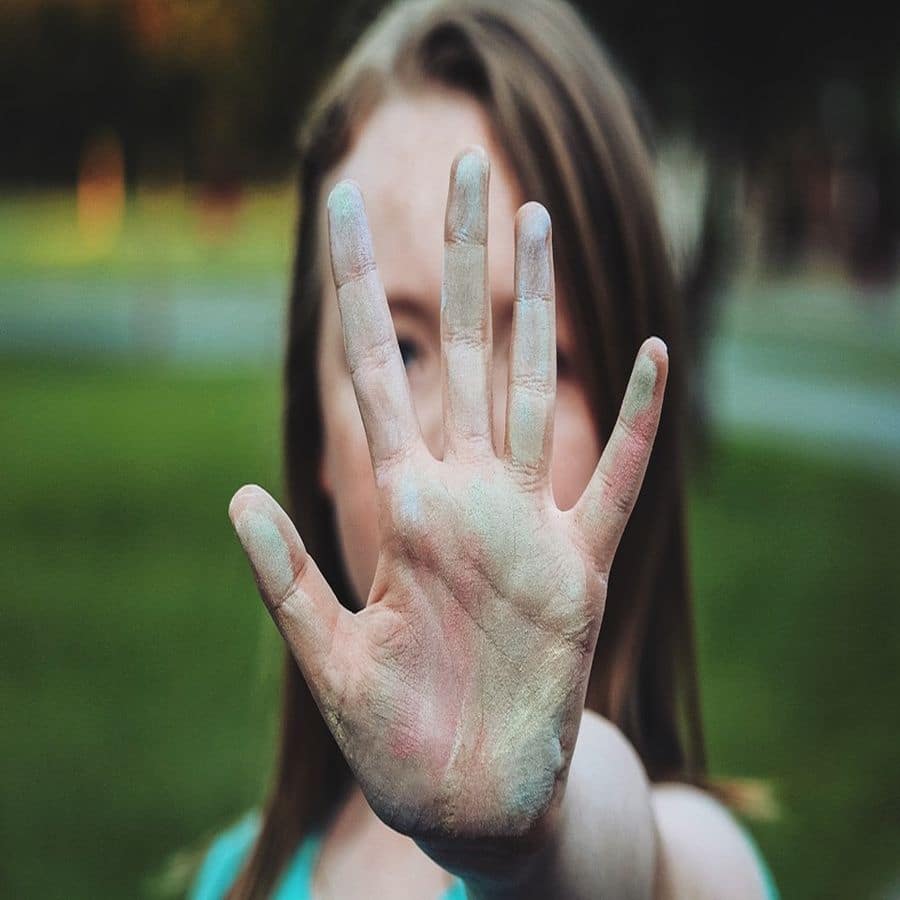Overcoming Fear of People’s Judgement?


Effective Tips on How to Prevent and Overcome Social Anxiety
Having a fear of people and their personal judgments against oneself is the worry of social scenarios in which the communication with other individuals could immediately bring on feelings of intense self-scrutiny where people feel that others are watching their every move. It is also where a person may feel like they are constantly being evaluated as well as examined adversely others which can bring about feelings of inadequacy, shame, and embarrassment. One should note that if a person only feels like they are sitting on pins and needles in social circumstances, and not when others are around, social anxiety should be taken into consideration.
Social anxiousness is a far more common problem than traditionalism has led us to think. Countless people throughout the globe experience this terrible and dreadful issue daily, either from a specific social phobia or from a much more generalized social anxiety. In the United States, studies have recently identified the social anxiousness condition as the third largest psychological disorder in the country.
It seems as if dealing with other peoples’ judgments about others is a common occurrence. Many people due to watching their favorite reality show on television can easily fall into the judgment of other peoples’ values and ways.
Does Your Child’s Social Anxiety Warrant Professional Help?
Having a fear of what other people think is the ongoing prevalent problem in young people that follows a chronic destructive course throughout their lives if left neglected which can contribute to a myriad of bothersome short- as well as long-lasting consequences. Adopting clinical hypnotherapy as well as other alternative methods like cognitive behavioral therapy has actually been revealed to be effective in treating various degrees of social anxiety disorder; however the majority of youth experiencing these issues does not get aid for a number of factors. Quick and/or extensive treatments for social anxiety could prevent some of these barriers to therapy.
Researchers in two recent studies to date have checked out the effectiveness of quick/ extensive alternative methods mentioned above. Twenty three children aged 8-11 years were randomly assigned into either a control group or a group-based behavioral therapy program. The program comprised three 3-hour sessions and included psycho-education, recognition of the physical, cognitive as well as behavioral elements of stress and anxiety.
At post-assessment, over forty percent of the children treated were devoid of their psychological and medical diagnosis compared with zero percent of the children in the control group. During the follow-up sessions took place three weeks after the initial study, fifty percent of treated kids contrasted to a mere nine percent of those in the control group.
The second study, forty children aged 7-12 years with a primary diagnosis of anxiety disorder where twenty one children were assigned to the extensive treatment group while the other children were in the control group. Therapy was performed over three weekend breaks, with families participating in the center for three hours on Saturday and also three hours on Sunday of the very first weekend. Additionally, they also spent the same amount of time for the following three weekends.
Assessments were finished three months as well as a six-month follow-up to allow a more accurate contrast with other programs. Over fifty percent of the therapy team, compared with fifteen percent of the control group was diagnosis-free. Surprisingly, at the six-month follow-up, the variety of treatment youngsters devoid of their anxiety diagnosis had actually risen to over seventy percent. Researchers concluded that alternative treated like clinical hypnotherapy and cognitive behavioral therapy could be recognized as a viable treatment to complement the commonly provided programs.
Getting Over The Fear of Anxiety in a Group Setting

Several research studies have actually reviewed the effectiveness of hypnotherapy as well as cognitive behavioral therapy team programs in the therapy of anxiousness conditions. Manual-based therapies proposed to individuals or groups have an equal efficiency in the decrease of anxiety signs in youngsters. How can this be further explained? Perhaps that is because it reinforces the theory that team vehicles may provide more positive peer modeling chances, reinforcement, as well as social support.
They are additionally a practical option when it concerns the limited availability of child-focused alternative therapy treatment specialists. Child and adolescent team programs are focused on dealing with one certain, currently existing stress and anxiety problem. However, the majority of these programs were created to relieve several disorders with each other in the exact same group. The Coping Cat program has been the most assessed program for relieving youngsters of getting over their fear of always being worried about what other people think. It was a four month program planned for children between eight and seventeen years of age, and could be made use of as a group program. The first eight sessions were centered on the basic behavioral therapy ideas. Throughout the complying with eight sessions, the kid discovers the best ways to make use of new abilities in different circumstances of stress and anxiety.
Using the Group Therapy Sessions Overcome Social Anxiety with Adults
A number of cognitive-behavioral team treatments have actually been established for certain stress and anxiety problems, such as social fear. These specific group-based programs have shown their efficiency, but it might be expensive for mental health centers to offer different certain therapies, or to acquire adequate individuals that choose to share their experience of the same anxiousness problems. Just recently, research studies have actually focused on the high rate of co-morbidity and the similarities in between the stress and anxiety conditions. In 2007, Erickson et al carried out a random scientific trial and assessed the protocol’s impacts based on standard techniques in teams. The participants presented different anxiety conditions. The outcomes showed that the CBT trans-diagnostic treatment had favorable outcomes. Presently, this unified approach is being thoroughly examined. This sort of group therapy may give better accessibility to evidence-based therapies easily accessible to a larger amount of individuals.
Is it Ultimately Better to Receive Personalized Attention?
Jonathan grew up with two older brothers and reported that his father was fairly judgmental throughout his entire youth, which he thought was one of the factors why he was worried about how other individuals evaluated him. He reported that his papa would cut him short whenever he tried to voice a problem or emotion during youth. He characterized himself as a relatively introverted kid, however not extremely nervous in social circumstances.
While it was uncertain whether or not John had a proneness to experience social anxiety, he did describe himself as a reasonably reluctant and timid child, which is known qualities that are shown to be connected to the later growth of social anxiety. Furthermore, Jonathan’s daddy was vital as well as relentless in his specifications of actions, which he believed supported his advancement of concerns of negative self-evaluation.
The research study consisted of sixteen regular sixty minute sessions that were to happen over five months. The therapy included five sections which included psycho-education, cognitive restructuring, direct exposure, progressed cognitive restructuring, and discontinuation.
By the end of formal therapy, Jonathan’s self-reported change in social anxiety, with his score indicating no serious signs and symptoms.
To conclude, extensive group-based programs like hypnotherapy as well as cognitive behavioral therapy for young people and adults him have actually shown appealing outcomes. Still, more study is essential both covering personalized exploration as well as in a group setting. It is suggested that the intensive method(s) are occupied by researchers and also medical professionals, so that additional study may be generated as well as more families may be helped. Assuming that this will ultimately be the case, the challenging trajectories of youth suffering with constantly worrying about what other people think about them could be dealt with in a timely fashion.


